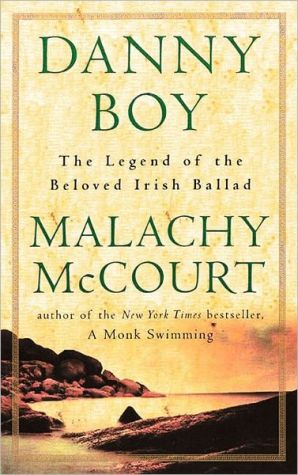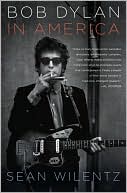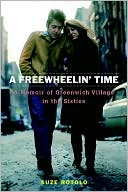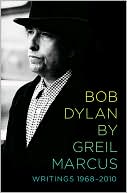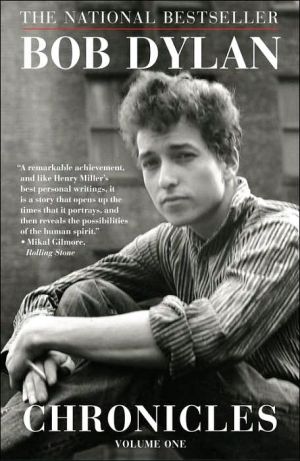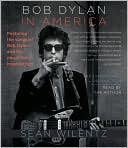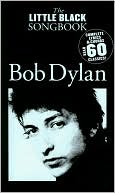Danny Boy: The Legend of the Beloved Irish Ballad
Everyone can hum this haunting Irish ballad that inevitably brings a tear to the eye. The most requested Irish song, it has been recorded by a variety of performers ranging from Elvis Presley, Bing Crosby, and Kate Smith to the Pogues. The complete story of this moving tune has been shrouded in mystery until now. Where did "Danny Boy" originate, who actually wrote the lyrics, and is it even Irish? Acclaimed novelist, actor, memoirist, screenwriter, playwright, and raconteur, Malachy McCourt,...
Search in google:
"Everyone can hum this haunting Irish ballad that inevitably brings a tear to the eye. The most requested Irish song, it has been recorded by a variety of performers ranging from Elvis Presley, Bing Cr" Publishers Weekly ...McCourt's reprise of Danny Boy is highly entertaining and idiosyncratically informative.
Introduction1An Ave there for me: The Melody6From glen to glen: Lyrics Meet Melody22The pipes are calling: The Questions40The valley's hushed and white with snow: The Land of Derry56Tell me that you love me: The Pop History of "Danny Boy"72Epilogue: In sunshine or in shadow: What Does It All Mean?80Our fallen heroes90AppendixDiscography108
\ Library JournalEntertaining...Recommended.\ \ \ \ \ Publishers Weekly...McCourt's reprise of Danny Boy is highly entertaining and idiosyncratically informative.\ \ \ Publishers Weekly"Danny Boy" is one of the best-known and most beloved songs in the Western world. Whether sung at funeral masses or by Elvis Presley, it nearly always raises a lump in the throat and brings a tear to the eye. The song itself may be simple and direct, but McCourt (A Monk Swimming) has written a lively and detailed cultural history of the tune's origins, cultural meanings and political import that is as fascinating as it is frequently provocative. While the tune of "Danny Boy" (also known as the Londonderry, or Derry, air) may well date back to Rory Dall O'Cahan, an Irish harpist who lived in Scotland in the late 17th century, the words as we know them today were penned by a British barrister and prolific song writer, Frederick Edward Weatherly. Having written the lyrics for another tune in 1910, Weatherly adopted them to the Derry air two years later and had an immediate hit, which despite its English origins became profoundly identified with Ireland and its struggle for independence. Unafraid of exploring all possibilities of the song's meaning is it sung by a grieving mother or a desolate gay male lover? is it about the great starvation and emigration? McCourt succeeds in making his case that the song is both specific and universal. Less sustained as cultural history than David Margolic's stunning Strange Fruit: The Biography of a Song, McCourt's reprise of "Danny Boy" is highly entertaining and idiosyncratically informative. (Mar.) Forecast: Running Press is going all out with a 100,000 first printing, hoping to attract all those who've wept to the song. A book by a McCourt brother will do just that especially because of the fortunate release around St. Patrick's Day. Copyright 2001 Cahners Business Information.\ \ \ \ \ Library JournalSt. Patrick's Day is fast approaching, and millions of Americans will be gathering to celebrate their Irish heritage. Most of them would have difficulty naming any Irish song beyond "Danny Boy" which is ironic considering that the songwriter was an Oxford-educated English barrister who never set foot outside his native country. In a rambling but entertaining narrative, actor McCourt (Singing My Him Song) explores not only the 1913 marriage of Frederick Weatherly's lyrics to the Derry Air but also the origins of the music, the continuing attraction of the song, and even the mystery of the narrator. Who is bidding farewell to Danny? Is it his father? His mother? Perhaps his homosexual lover? All are weighed and evaluated with the kind of attention devoted to sacred texts. The work concludes with a select discography, including performances by Papa John Creech, Bing Crosby, and Elvis Presley, among others. One person who could name any number of Irish songs is ethnomusicologist and acclaimed Irish singer Moloney (Ph.D., Univ. of Pennsylvania). Drawing on Irish and Irish American songs to illustrate the tale, Moloney surveys the experiences of Irish immigrants to 1900. His brief book includes song lyrics and specific song histories and is accompanied by an 18-song CD. Using music as a framework, Moloney explores why Irish Catholics and Protestants left the old country and their respective lives once they landed here. Concentrating primarily on Irish Catholics, Moloney's text focuses on Irish encounters with prejudice ("no Irish need apply") and the post-Civil War transition into the middle class. It is an oft-told tale but one that Moloney hopes will inform contemporary Irish Americans confronting a new generation of immigrants. McCourt's book is recommended for popular song collections in public libraries, while Moloney's should find a place in history and popular culture collections. Christopher Brennan, SUNY at Brockport Lib. Copyright 2001 Cahners Business Information.\ \
